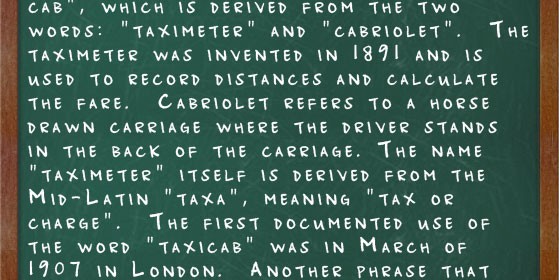What “Mrs.” is Short For

Jonathon T. asks: Why is there an r in Mrs. when it’s pronounced misses? You may have wondered, if you’ve ever thought about it, why there is an “r” in “Mrs.” when it’s generally spoken as “missus” (also sometimes spelled “missis”). “Mrs.” first popped up as an abbreviation for “mistress” in the late 16th century. At the time, “mistress” didn’t […]
Read more













